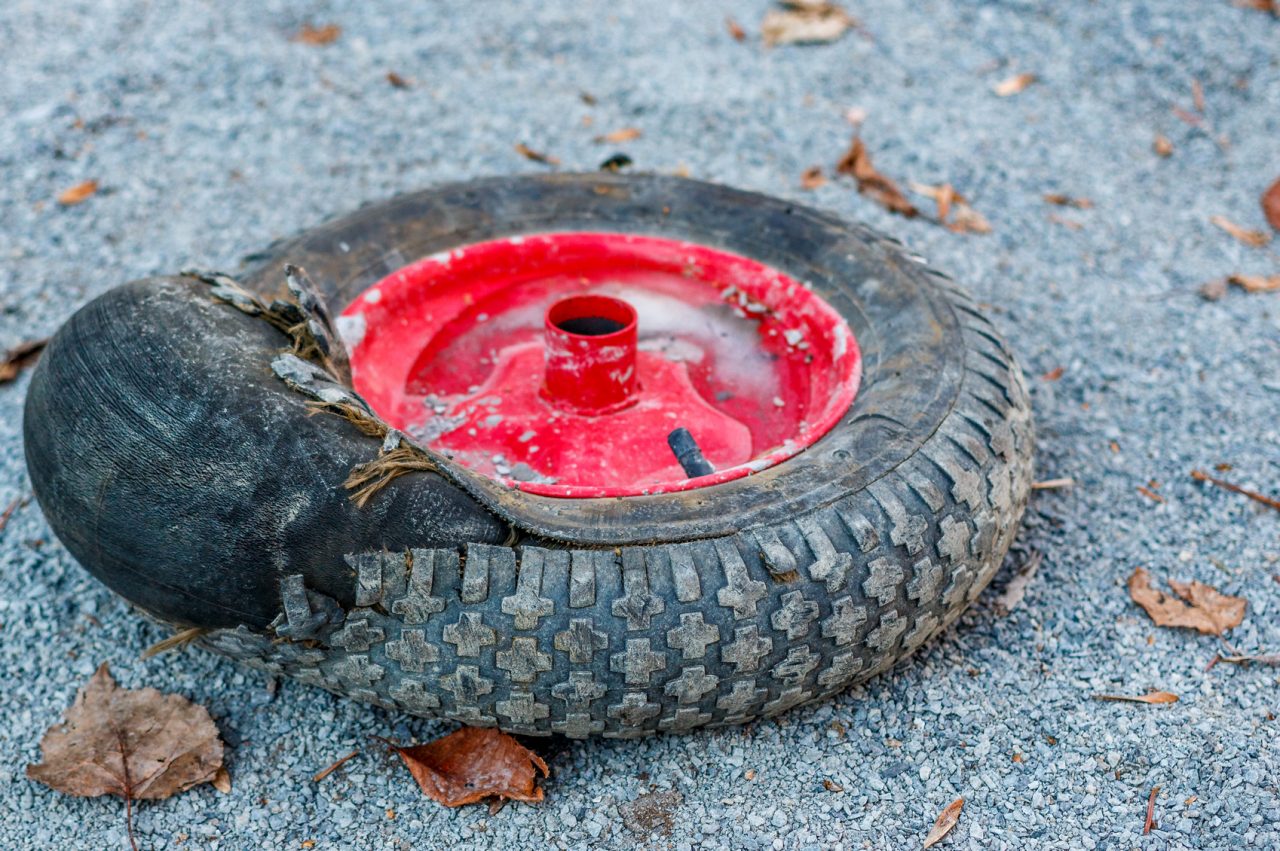Hernia Repair Surgery

A bulge in your abdomen or groin may be a hernia. Learn when you might need surgery to treat it and what to expect during and after a hernia repair procedure.
A bulge in your groin or belly could be a hernia. It happens when part of your intestine or another organ pushes through a weak spot in the muscle or tissue that normally keeps your organ in place.
YOU MIGHT ALSO LIKE: Symptoms of Bowel Obstruction
Surgery is the main treatment for a hernia, but not every hernia needs to be treated. You may be able to wait and watch a small bulge that doesn't bother you. Sometimes it can be pushed back through your abdominal wall without requiring further treatment.
The risk of not treating a hernia is that it might grow, causing a piece of your intestine to get stuck in the opening and lose its blood supply. The name for this complication is strangulation. It's rare, affecting only about 1 percent of people who have hernias, but strangulation can be life-threatening and requires emergency surgery.
That's why it's worth seeing a surgeon while your hernia is still small. You will need emergency treatment for a hernia if:
- You have severe pain.
- The size of your hernia increases or becomes swollen or red.
- You have nausea, vomiting, constipation, bloating, or fever.
What is hernia repair surgery?
The surgery to fix a hernia does three things:
- Pushes the bulging tissue back where it belongs.
- Closes the hole with sutures.
- Strengthens the weakened area of muscle or tissue to prevent a future hernia.
Types of hernia repair surgery
- Open surgery through a cut, or incision
- Laparoscopic surgery, using a thin scope and instruments inserted into smaller incisions
- Robotic surgery, with the surgeon performing the procedure using robotic arms
Where on your body the surgery occurs depends on the location of the hernia. Umbilical hernia surgery is performed next to your belly button. Abdominal hernia surgery is performed in another part of your abdomen. Inguinal hernia surgery happens in your groin.
Preparing for surgery
Your surgeon will tell you how to get ready for surgery. Prep work could include a physical exam, blood work, a chest x-ray, and an electrocardiogram (ECG or EKG) to make sure you're healthy enough for the procedure.
You may need to stop taking medicines that thin your blood, including aspirin, ibuprofen (Advil, Motrin), and naproxen (Aleve) a week or two before your procedure to prevent excessive bleeding during surgery. Ask your doctor what other medications you should stop taking in the days and weeks before hernia repair.
What to expect
Some hernia repair procedures are done using local anesthesia, which means you will be awake but pain-free. Others are done under general anesthesia, while you are asleep.
Most people go home the same day as their surgery. For an abdominal wall hernia repair, you may need to stay in the hospital overnight.
Recovery from hernia repair is usually quick. Although you may be sore for the first couple of days, you should have fully recovered after about a week. Ask your surgeon when you can return to work and exercise and when it's safe to lift heavy objects.
Possible risks and complications of hernia repair
Hernia repair surgery is considered very safe. Doctors perform more than one million of these procedures in the United States each year. Even so, any surgical procedure can have risks.
Risks from the anesthesia include:
- Nausea and vomiting
- Sore throat
- Headache
- Blood clots (less often)
Complications that can occur after surgery include:
- Bleeding in the incision
- Infection
- Pain in the scar
- Return of the hernia
Damage to organs like the bladder, kidneys, or intestines (this is rare)
You may have seen ads from medical injury law firms about potential complications of the surgical mesh used in some hernia repair procedures. Mesh is a device made from synthetic materials or animal tissue that the surgeon uses to strengthen the surgical area and prevent the tissue from bulging out again.
There have been reports to the FDA of mesh complications, such as pain, infection, intestinal blockage, adhesion (when the mesh gets stuck to an internal organ), or shrinkage. Many of these problems are linked to products that have been recalled and are no longer used.
What you can do
Talk to your surgeon about the benefits and possible risks of hernia repair surgery before you have the procedure. Find out what the recovery will involve and how the procedure might affect you long-term.
After the procedure, call your doctor right away if you have any of these symptoms, which could be signs of complications:
- Shortness of breath
- Pain that increases or doesn't improve
- Fever of 101° Fahrenheit or higher
- Warmth, swelling, or a foul-smelling discharge around your incision
- Numbness or weakness in your arms or legs
Updated:
August 28, 2023
Reviewed By:
Janet O'Dell, RN